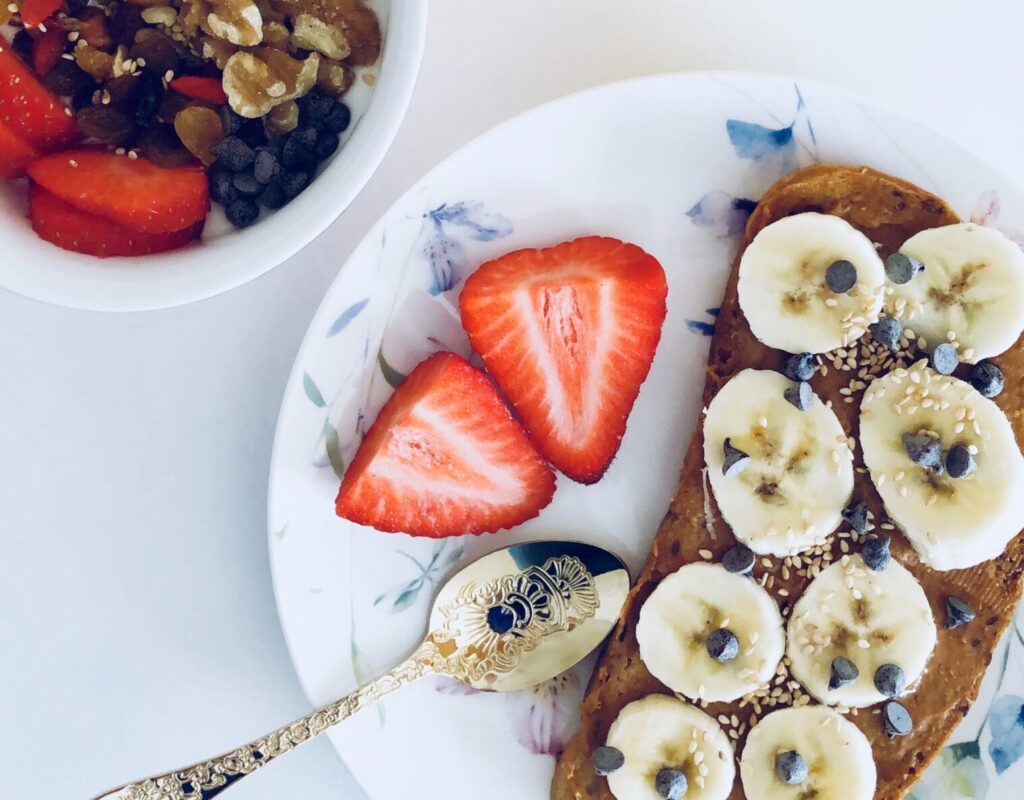Know Your Vitamins: A Comprehensive Guide to Boost Your Health

Introduction
Vitamins are like the secret sauce for keeping us healthy and happy. They’re involved in all sorts of important stuff, from giving our immune system a helping hand to making sure we grow and develop properly. This article will dive deep into the different types of vitamins, what they do, and how you can make sure you’re getting enough for tip-top health.
The Importance of Vitamins in Our Diet
Supporting Immunity
Vitamins, like vitamin C and the B complex, really step up to the plate when it comes to giving our immune system a hand. They’re the heroes that keep nasty germs and diseases at bay, so we can stay fit and strong.
Promoting Growth and Development
Vitamins, such as vitamin A, D, and B complex, are essential for the growth and development of our bodies. They contribute to the formation of healthy bones, skin, and other tissues, as well as supporting various bodily functions.
Maintaining Optimal Health
Adequate vitamin intake is necessary to maintain optimal health, as they’re involved in various metabolic processes, including energy production, cell repair, and the synthesis of essential molecules.
The Types of Vitamins
There are two main categories of vitamins: fat-soluble and water-soluble.
Fat-Soluble Vitamins
These vitamins are stored in the body’s fat tissue and can be accumulated over time. They include:
Vitamin A
Vital for healthy vision, immune function, and cell growth, vitamin A can be found in foods such as carrots, sweet potatoes, and spinach.
Vitamin D
Vitamin D promotes calcium absorption, which is essential for bone health. It can be obtained from sunlight exposure, fortified foods, and fatty fish like salmon.
Vitamin E
A powerful antioxidant, vitamin E helps protect cells from damage and supports a healthy immune system. It can be found in nuts, seeds, and vegetable oils.
Vitamin K
Essential for blood clotting and bone health, vitamin K is present in leafy green vegetables, broccoli, and Brussels sprouts.
Water-Soluble Vitamins
These vitamins are not stored in the body and need to be replenished regularly through diet. They include:
Vitamin C
Also known as ascorbic acid, vitamin C is crucial for immune function, collagen production, and as an antioxidant. It is abundant in citrus fruits, strawberries, and peppers.
Vitamin B Complex
The B complex consists of eight B vitamins, each playing a unique role in maintaining our health. They are involved in energy production, red blood cell formation, and nerve function. Good sources include whole grains, legumes, and leafy greens.
How to Get the Right Amount of Vitamins
A Balanced Diet
The best way to obtain the required vitamins is through a balanced diet, incorporating a variety of fruits, vegetables, whole grains, lean proteins, and healthy fats. Eating a diverse range of foods ensures you get an adequate intake of all essential nutrients.
Supplementation
In some cases, vitamin supplementation may be necessary, especially for individuals with specific dietary restrictions, medical conditions, or during pregnancy. It is essential to consult with a healthcare professional before starting any supplementation regimen.
Recognising Vitamin Deficiency
Vitamin deficiency can lead to various health issues and should not be ignored. Symptoms may include fatigue, muscle weakness, poor immunity, and skin problems. If you suspect a deficiency, consult a healthcare professional for a proper assessment and guidance.
Ultimate Health Boost: Multivitamins & Natural supplements
In today’s fast-paced world, maintaining optimal health and well-being can be quite a challenge. With busy lifestyles, increased stress, and a general ack of time to prepare nutritious meals, many people find themselves unable to meet their daily nutritional needs. This is where vitamins and natural supplements can play a vital role in bridging the gap between what our bodies require and what we are able to provide through our diets. This guide aims to provide an introduction to the world of vitamins and natural supplements, offering valuable insights and recommendations to help you make informed decisions in choosing the right products for your unique needs. Discover how these nutritional powerhouses can enhance your health, boost your immune system, and promote overall well-being, enabling you to live a more balanced and fulfilling life.
Conclusion
Understanding your vitamins is key to keeping yourself in tip-top shape. When you eat a well-rounded diet packed with fruits, veggies, and other nutrient-packed goodies, you’re giving your body the vitamins it needs to keep everything running smoothly. And if you ever think you might be running low on a particular vitamin or have unique dietary needs, don’t hesitate to chat with a healthcare pro for some personalised advice.



